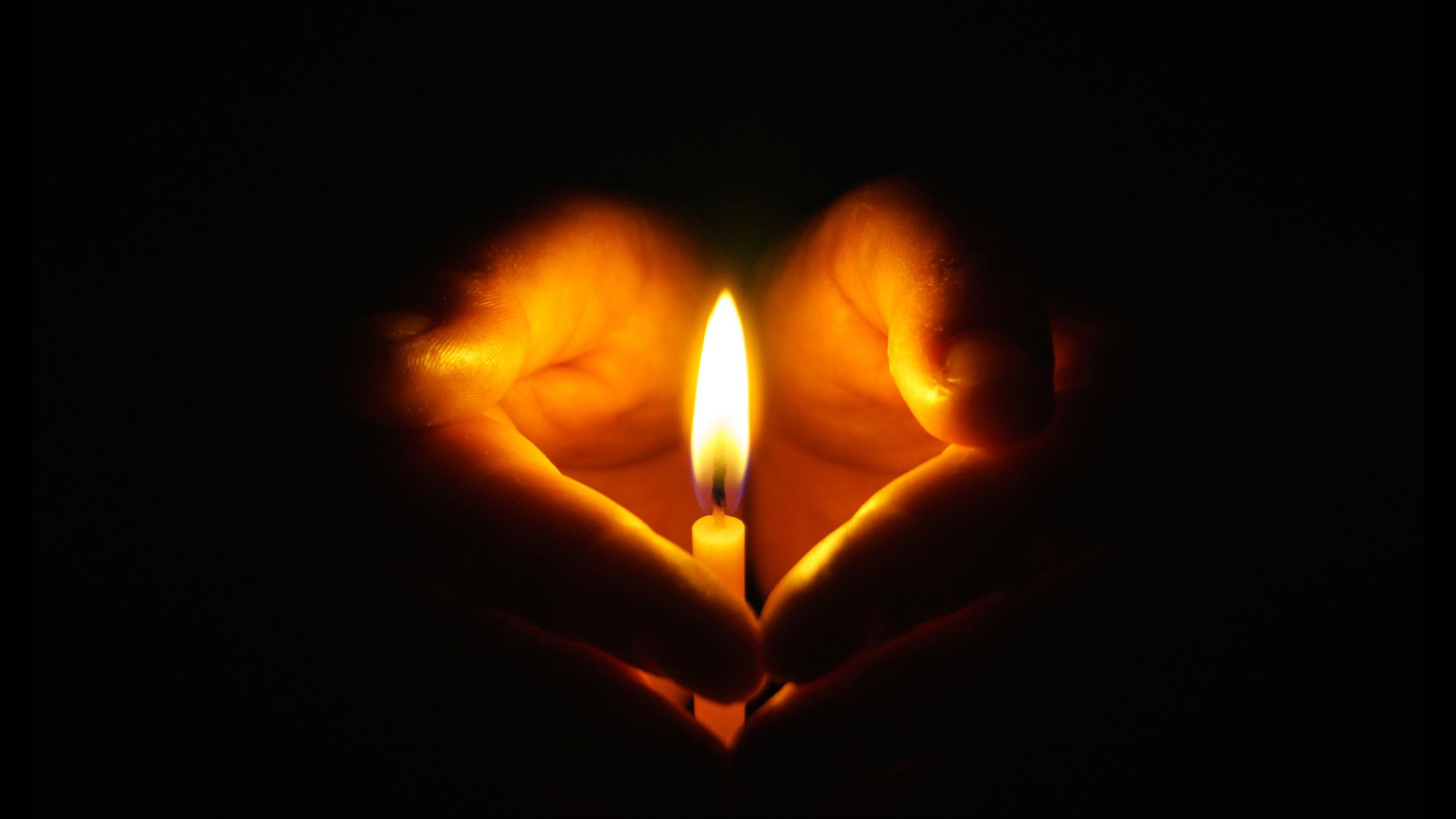Marlee Matlin is calling upon the media to improve the accessibility of its reporting in the wake of a tragic mass shooting in Maine that claimed the lives of four individuals within the Deaf community. The devastating incident, described as the deadliest mass killing in the state’s history, unfolded through two separate shootings at a bowling alley and a bar in Lewiston, Maine, on 25th of October. This tragedy resulted in the loss of at least 18 lives and left 13 others injured.
Matlin, in a statement shared on her social media accounts, expressed her deep concern about the impact of mass shootings on the Deaf community. She stated, “Mass shootings are always tragic, but this one hits particularly hard for the Deaf community everywhere. It serves as a stark reminder that no one is immune to such horrific violence when it affects a closely-knit community like ours. My heart aches for everyone involved.”
According to The Daily Moth, a total of nine Deaf individuals who had gathered at Schemengees Bar & Grill for a cornhole tournament were among the targets of the shooting. The victims who tragically lost their lives include Steven Vozzella, Bill Brackett, Bryan MacFarlane, and Joshua Seal, the latter of who served as an Deaf American Sign Language (ASL) interpreter. These four casualties have been officially confirmed by the Maine Educational Center for the Deaf.
In addition to commemorating the victims, Matlin emphasized the importance of media ensuring that the Deaf community is not left out of critical reporting and updates. She reminded broadcasters that sign language interpreters are essential for communication access and to “PLEASE do NOT cut us out of important news and information by cutting out the interpreters on screen.”
In response to the tragedy, the Maine Deaf community organized a virtual candlelight vigil on the 27th of October, with over 160 participants on Zoom. During the event, individuals took turns to express their grief and trauma caused by the tragic event. They also emphasized the importance of standing together, offering support, and reinforcing their sense of community solidarity.
For those in need of mental and emotional support during this challenging time, there are resources available. You can reach out to the 988 Suicide and Crisis Lifeline, which you can contact through videophone or by texting 988. Additionally, National Deaf Therapy is offering resources and free services to individuals in Maine. The National Association of the Deaf (NAD) and the Maine Association of the Deaf (MeAD) stand ready to provide support as well. Deaf Counseling Center is another source of support and guidance.
Furthermore, Inclusive Communication Services (ICS) is at your service to provide captions and incorporate sign language translations into any video content, fulfilling Matlin’s call to provide accessibility for the Deaf community. Our heartfelt condolences go out to the Deaf community of Maine during this difficult time.





